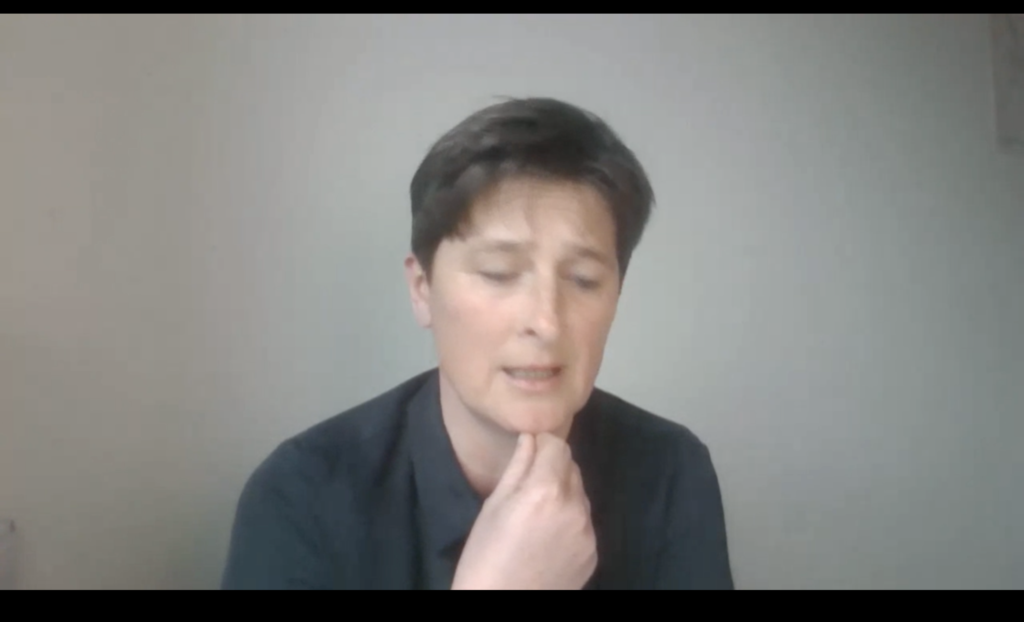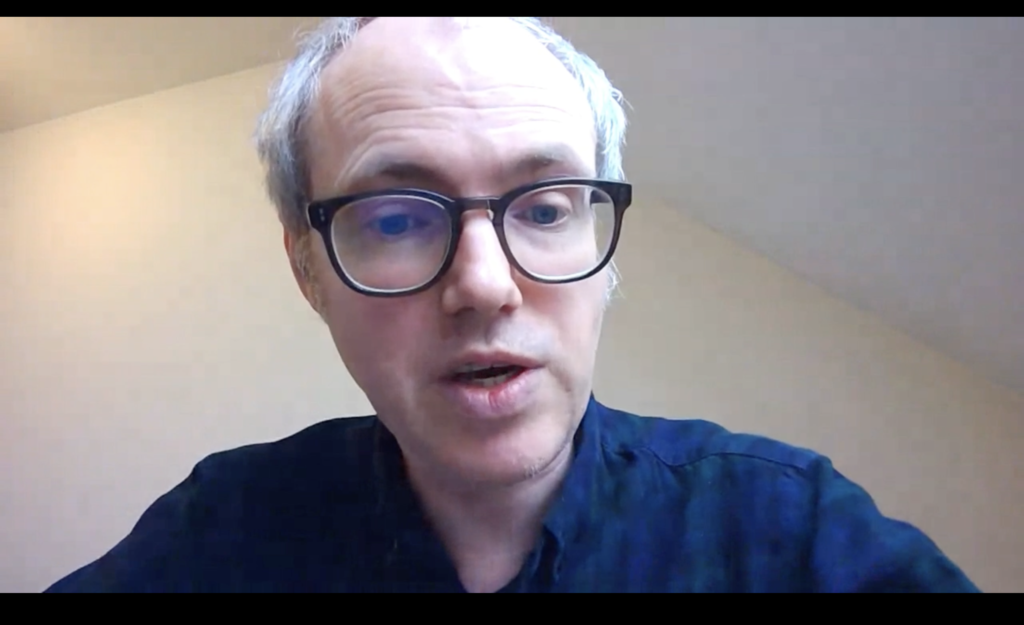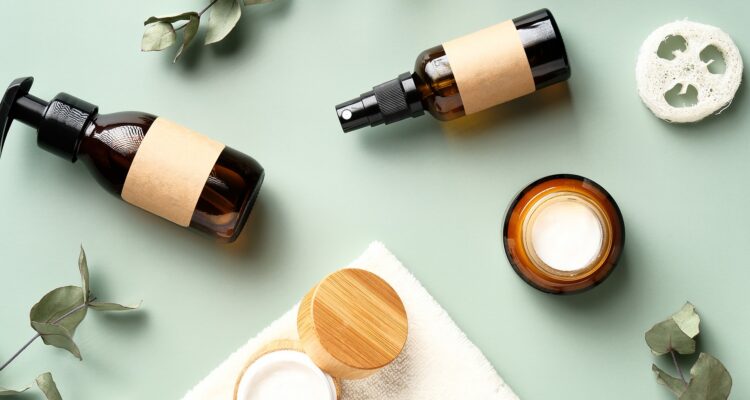How many Indian women would spend an extra buck to ensure that they use the cleanest and the most natural, organic products on their skin? Apparently a growing number, according to international cosmetic market trends.
◊ By Nitya Kaushik
Note: To find organic products and organic ingredient suppliers in India, buy the Organic Directory
India is developing as one of the strongest Asian markets for organic and natural cosmetics, global certification bodies COSMOS and NATRUE have highlighted. This puts India in the league of leading cosmetic markets like Japan and Korea in the Asian continent. Today, Asia has 246 companies and 2,417 products with the organic and natural COSMOS-standard certification, second only to Europe which has 1,722 companies and 24,984 certified products to date. This is significant, considering Europe is home to the certification bodies, with a strong membership base across big-market countries like France, Germany and Italy.
While speaking at a panel discussion: ‘Status of Certified Natural and Organic Personal Care Worldwide’, during the digital event sneak preview of Vivaness 2022 on Tuesday (February 15, 2022), top representatives from the two benchmarking bodies indicated that despite the pandemic, the growth of the global natural and organic market has been on an upward swing, with interest growing steadily in important markets, not just in Europe but also across Oceania, Asia, Africa (especially South Africa), and South America (especially Brazil).
COSMOS is the largest international standard for organic and natural cosmetics with its ‘COSMOS standard’ signature being a consumer guarantee for such products. Its website states that over 29,000 products in 71 countries carry the ‘COSMOS ORGANIC’ or ‘COSMOS NATURAL’ signature, while over 12,000 ingredients and 7,000 raw materials carry the COSMOS-certified and COSMOS-approved signature.
NATRUE, also a top representative body which advocates for the protection and promotion of natural and organic cosmetics, certifies cosmetics with its ‘NATRUE label’, an international benchmark for authentic natural and organic cosmetics. NATRUE boasts of over 70 member countries, with more than 325 brands and 7,000 certified products in the worldwide cosmetic market.

“Countries like Japan, Korea and India in Asia are our strongest growth markets for organic certification today.” – Katrin Hochberg, General Manager, COSMOS standard AISBL
Quoting data from a yet-to-be released report on the natural and organic cosmetics market in 2021 by Ecovia Intelligence, Katrin Hochberg, General Manager, COSMOS standard AISBL (International Association without Lucrative Purpose), said that the sales value of the global natural and organic cosmetics market was USD 12.4 billion in 2021, with a growth of 4.2% from the earlier year. “These are encouraging growth figures, especially in this particular climate,” Hochberg said, adding, “Europe and North America generate most of the revenues with a combined share of 86%, in comparison to the nearly 50% revenue recorded in the previous years.” The Ecovia Intelligence report is expected to be published in March 2022.
Corresponding to this increase in market size, Hochberg placed the 2020 certification levels of organic products – 55% and 30% in Europe and Asia, respectively. She said, “Countries like Japan, Korea and India in Asia are our strongest growth markets for organic certification today.”
Incidentally, while US has a huge market for organic and natural cosmetics, Hochberg observed that their certification levels are among the lowest, at only 11%. A natural and organic certification is important, as it acts as a guarantee that the product has followed an environmentally friendly production and processing model, respects biodiversity, makes responsible use of natural resources and does not include petrochemical or genetically modified ingredients.
Encouraged by the growth of the organic cosmetics sector worldwide, Hochberg said, “There are huge opportunities everywhere. What we would really love at this point is to bring together all our certification partners to discuss different issues and opportunities in their varied markets and understand the contrast.” Hochberg also revealed that COSMOS is set to update its standards, the gist of which would be showcased during the Vivaness trade fair in July. She said, “We would love to discuss our new version of the standard in detail during the Vivaness Congress in July. Our main reason for developing this new version is that consumer expectations are strong today and new consumers are coming in. We need to keep up with the increasing consumer awareness and expectations and balance them with what is currently feasible in the industry.”
Dr Mark Smith, Director General, NATRUE, also stressed that besides Europe, the NATRUE label is seeing growth worldwide, “mainly in the Oceania region of Australia and New Zealand, in Asia across India and Japan, and in South American countries like Brazil.”
Smith offered an overview of the existing regulatory scenario around which the natural cosmetics market is growing. “The certified products category has developed as a snapshot from the beginning of 2022. Aside from the growing statistic of the label, we are keen on studying some of the newer challenges in the cosmetic sector. Some of these are regulatory challenges, in terms of the changes within the regulatory environment like introduction of the Green Deal and its implementation through various policy proposals that are appearing this year on substantiating green claims, environmental footprint and various other revisions of cosmetics regulation,” he explained. Smith said, all of these aspects would impact how manufacturers make natural organic cosmetics – by tapping into ingredients that are available, or through further regulations and schemes.
“We need to look into how the environmental claims are substantiated, and the increased investments that some companies may have to do.” He stated that companies would have to adapt to the market by using various lifecycle analysis techniques. “Today, it seems to be a fairweather industry with a good deal of growth, good investment and continued interest from manufacturers. But we must keep an eye on regulatory changes to ensure that the market grows without substitution by petrochemical substances, which will be inconsistent with consumer expectation,” he warned.

“Besides Europe, the NATRUE label is seeing growth worldwide, mainly in the Oceania region of Australia and New Zealand, in Asia across India and Japan, and in South American countries like Brazil.” – Dr Mark Smith, Director General, NATRUE
Before the discussion, Mirja Eckert, Owner of The New and publisher of the Natural Cosmetics Sector Monitor, introduced the latest edition of her market research on the conventional, nature-inspired and natural and organic cosmetics market in Germany. She pointed at the transformation that is going on currently and said, “Our research shows that from 2021 to 22 there has been a 1.8% rise in the natural and organic cosmetics sector, while nature-inspired cosmetics and conventional ones recorded a decrease to -5.3% and -3.3% respectively.” According to Eckert, Germany saw a 1.6-million additional buyers of natural cosmetic products in just one year (2021-22), a massive growth considering the total population of Germany is around 83 million.
Eckert stressed that sustainability should go beyond product manufacturing and include the entire value chain of suppliers, logistics and packaging. “We now need to look at sustainability in a much larger context, expand it to the entire value chain and integrate partnerships and cooperation into the vision. There is a need to look out of one’s tea cup and outside one’s scope of possibilities. There are global examples of how this can be done,” she said.



Leave a Reply